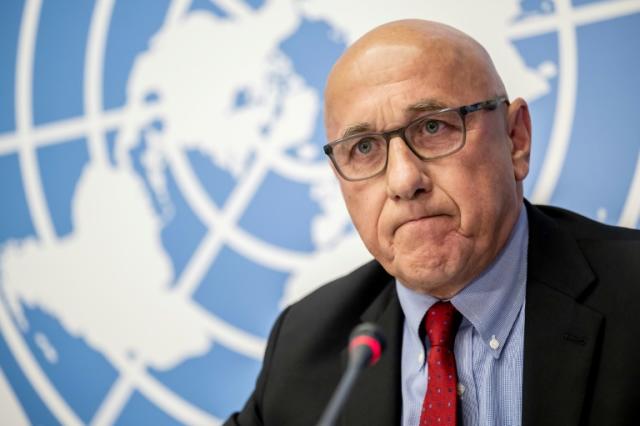A fresh report from the United Nations (UN) has revealed that Myanmar’s ruling military junta has procured weapons and military hardware worth at least $1 billion since it seized power in February 2021. The report emphasizes that a significant chunk of these arms came from individuals and entities in Russia, China, and Singapore. General Min Aung Hlaing, who took control of Myanmar, has been the subject of global disapproval due to the coup which has escalated into a civil conflict characterized by incessant confrontations between the army and opposing factions.
The military’s harsh strategies, including airborne and terrestrial attacks, have culminated in the loss of thousands of civilian lives and extensive destruction of communities, educational institutions, and healthcare facilities.
Details of Arms Providers and Transactions:
The UN Special Rapporteur, Tom Andrews, authored the report, which details that since the coup, the military in Myanmar has received arms and raw materials worth $1 billion. The report singled out 254 distinct suppliers, with the military being the final recipient in 94% of the deals, leaving no room for doubt about who was benefiting. Russian participants contributed $406 million in sales, while Chinese transactions, including those involving government-owned corporations, totalled $267 million. Singaporean entities were linked to $254 million worth of imports, though no evidence suggested that the Singaporean authorities approved or facilitated arms transfers to Myanmar’s military.
Horrific Consequences and Humanitarian Worries:
The UN report underlines the calamitous consequences of the military’s actions, including a recent lethal air raid on a village in the Sagaing region. The assault was aimed at a gathering attended by nearly 300 people, leading to a large number of casualties, involving children. The aftermath of the attack, as the report recounts, was chilling, with victims torn apart and critically injured by shrapnel. The egregious acts committed by the junta are seen as likely war crimes and crimes against humanity. The report underscores that arms supplied internationally to the Myanmar military are being utilized to perpetrate these horrific acts.
Sanctions’ Shortcomings and Evasion:
Andrews notes the existing sanctions against Myanmar’s generals are proving to be largely impotent and can be effortlessly dodged. The entities that sell arms to Myanmar have been able to sidestep these sanctions by employing shell companies and taking advantage of slack regulation. The report offers crucial insights into the regions and businesses involved in these transactions, urging member nations to intervene to stem the flow of arms to the Myanmar military. The report accentuates the necessity for global actors to reinforce their efforts to obstruct further arms trade with Myanmar.
Singapore’s Stance:
The UN report specifically cites Singapore as being involved in arms dealings with Myanmar. In response to allegations that Singapore had acted as an arms conduit for Myanmar, the country’s Foreign Affairs Minister, Vivian Balakrishnan, stated that Singapore strictly adheres to international rules on arms trade and abides by all UN sanctions and embargoes. He stressed that Singapore forbids arms transfers to Myanmar and doesn’t allow the transport of dual-use items with potential military uses.
Conclusion:
The recent UN report’s disclosure of Myanmar’s military junta’s procurement of arms worth $1 billion highlights the continuation of human rights violations and brutalities carried out by the military since the coup. It stresses the urgent need for international solidarity and more robust actions to halt the arms supply to Myanmar. The engagement of suppliers from Russia, China, and Singapore in these dealings underscores the inadequacy of current sanctions, emphasizing the need for tighter controls to hold those complicit in perpetuating the conflict and facilitating the junta’s brutalities accountable.
©world-news.biz
